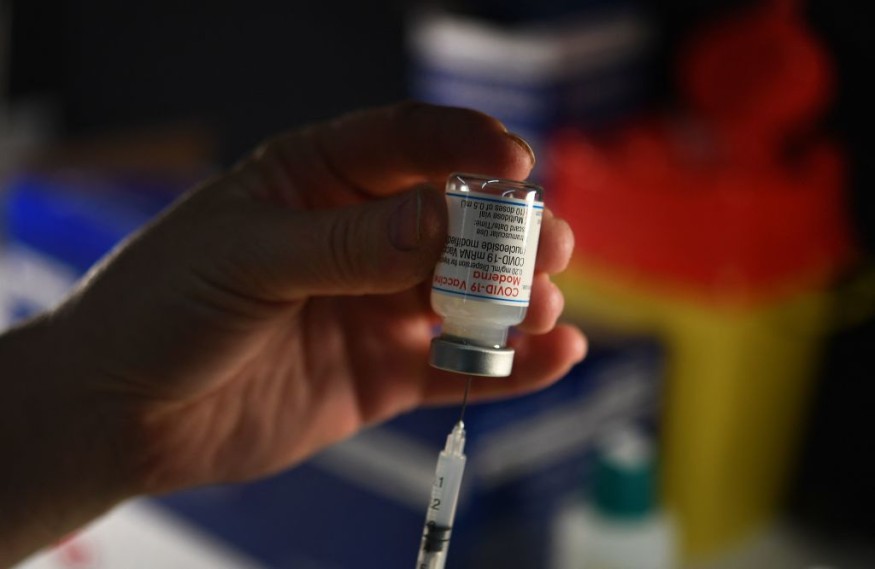
As shown in a recently published report, the coronavirus attacks fat cells as well as specific immune cells in fat tissue.
Recent reports of media outlets state that the coronavirus SARS-CoV-2 might effectively attack fat tissue and particular inflammatory responses present in visceral fat.
Coronavirus Penetrates Fat Cells
In a study conducted, published on the online website bioRxiv on October 25, researchers tested adipose tissue acquired from gastric procedures to determine if it might be contaminated by the coronavirus.
They discovered that fat deposits, called as adipocytes, could be infiltrated and produce low-level illness.
They also discovered that monoclonal antibodies dubbed macrophages, which are stored within adipose tissue, got infected and triggered a significantly more powerful immune response.
In parallel to these trials, the scientists investigated adipose tissue from COVID-19-infected individuals and discovered coronavirus nanoparticles in the fat that surrounding several body parts.
Pathogens such as influenza and HIV may hide in subcutaneous fat to avoid detection by the immune response.
While numerous specialists told the media that SARS-CoV-2 might technically do the same, rendering fat a repository for the virus.
The latest analysis has still not been peer-reviewed or released in a scientific publication; however as said by Mr. Philipp Scherer, a fat cell researcher at UT Southwestern Medical Center in Dallas who was not part of the study, the fact of the matter is, the disease can indeed afflict fat tissue straightforwardly.
Overweight individuals have been at a higher risk of having serious conditions, needing inpatient care, and facing death from COVID-19 ever since beginning of the epidemic, according to earlier articles.
Several theories have been proposed to explain why fat increased the risk of poor COVID-19 outcomes.
Obese Individuals At High Risk
For begin, extra abdominal fat can impinge on the ribcage, restricting circulation in the lungs; if patients are already fighting to have enough oxygen into their respiratory system on a good day, they may suffer worse over COVID-19.
Furthermore, obese individuals' plasma appears to clot frequently than persons with reduced fat intake, which is a big concern in the context of COVID-19, which can cause substantial platelet aggregation.
Thus, when fat accumulates in the body, fat deposits invade the spleen, stem cells, and brain, all of which generate a large number of immune systems.
This can damage the immune function by lowering the amount of immune cells generated and diminishing their effectiveness.
Fat tissue can also cause persistent, reduced damage to the cells, as fat deposits and macrophages emit inflammatory molecules referred as cytokines in an attempt to destroy buried fat deposits or tissue from the body.
While all of these variables may exacerbate COVID-19 results in obese patients, there is now fresh indication that the infection actively attacks fat tissue.
"This might very well be making a contribution to serious infection," senior writer Dr. Catherine Blish, a translational immunologist and teacher of medicine at Stanford University, told the associated Press.
"In body's immune system of those [fat] cells, we're repeating the same old production of cytokines that I detect in the bloodstream of the truly sick people."
© 2025 NatureWorldNews.com All rights reserved. Do not reproduce without permission.





